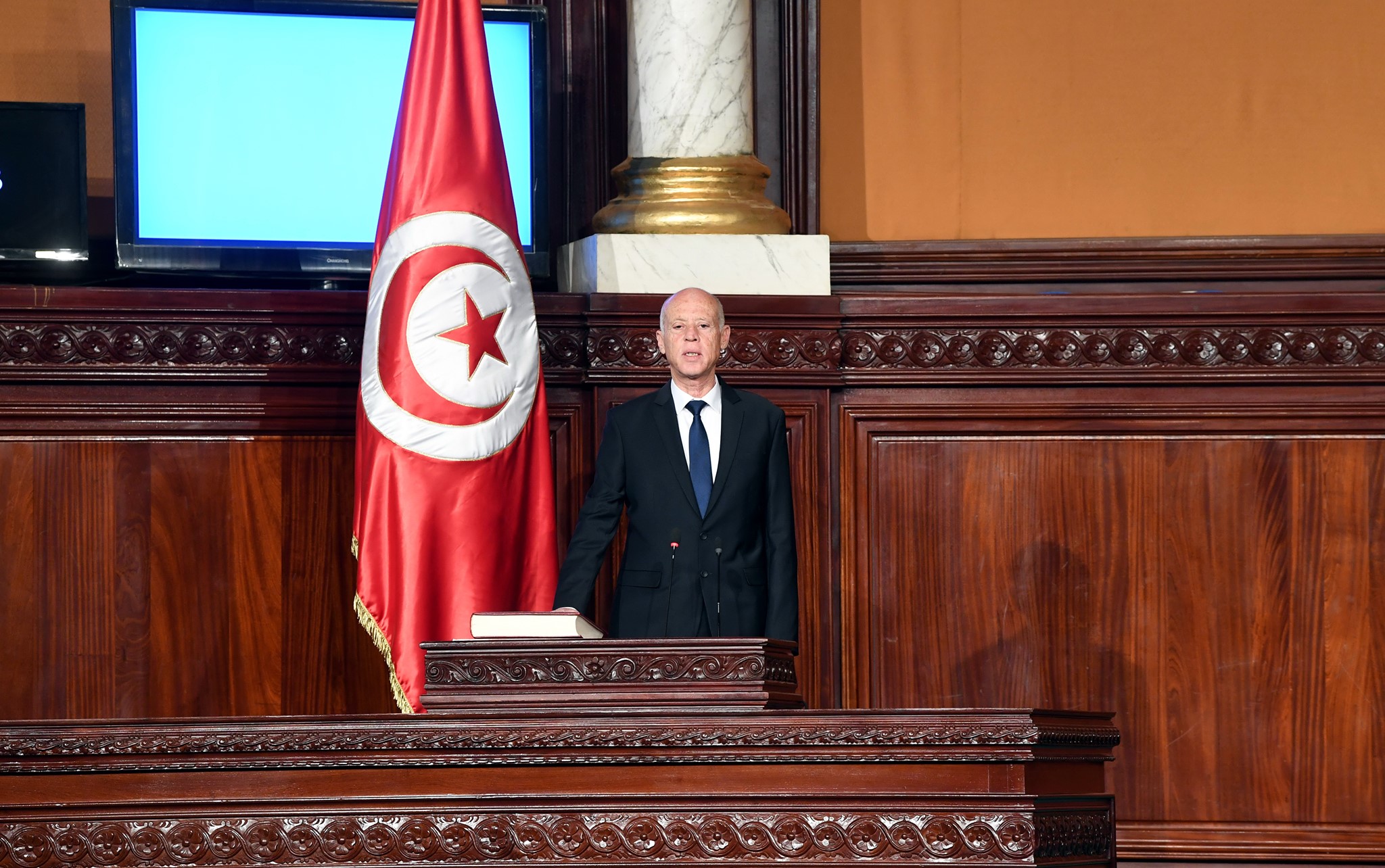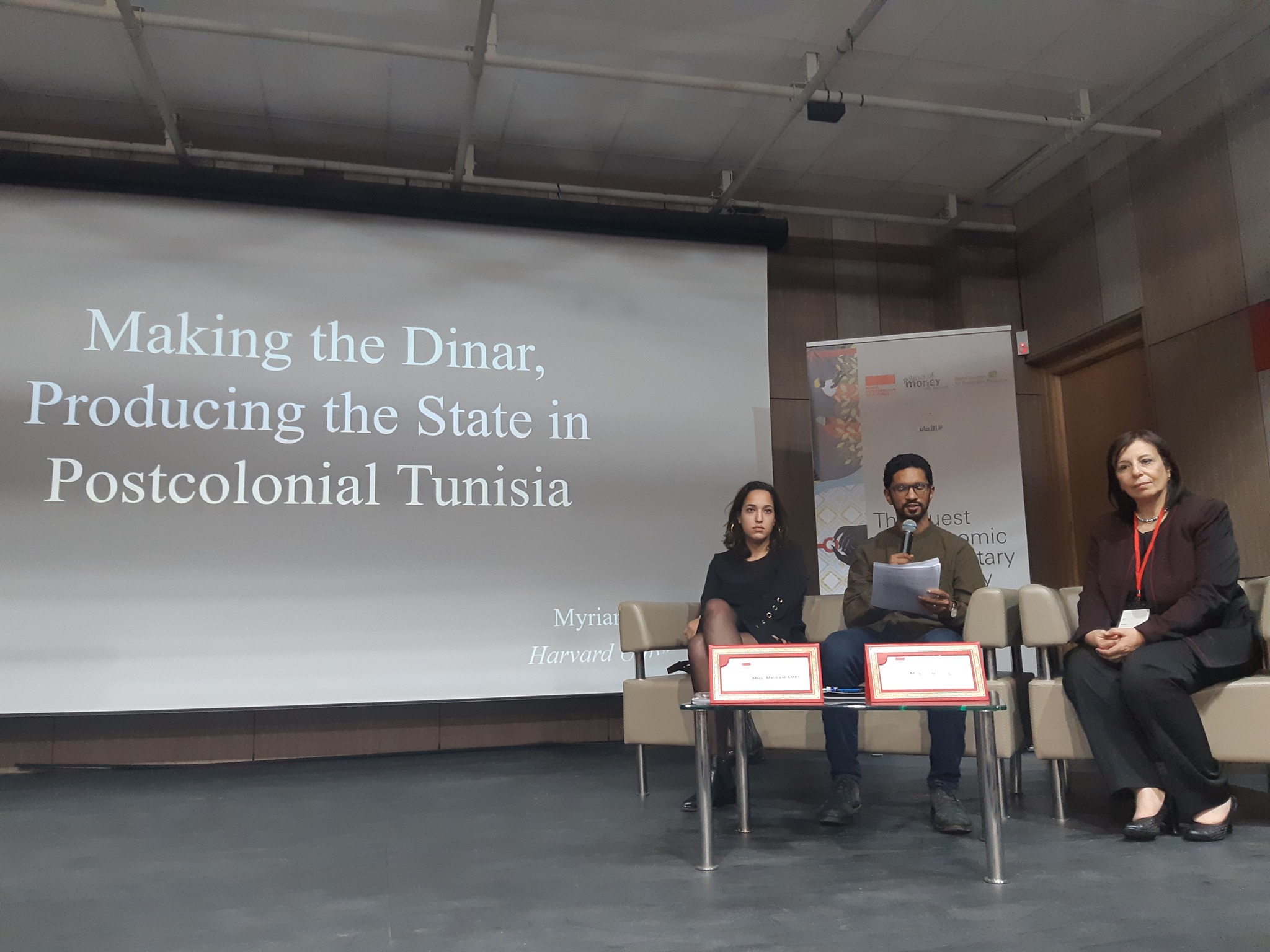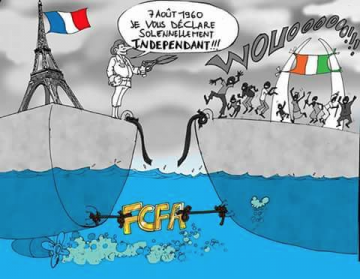Contents
MH: What was your background? And how did you get to Carthage in 2015?
I spent 20 years as Commander on a military ship. I passed the competition to take a Master’s degree in National Security with a focus on counter-terrorism in the United States. At the end of this training, I was called to return to work in the office of the Minister of Defence at the end of 2010 in the middle of the Arab spring.
I prepared the files, i.e. I provided him with the synopsis of the situation before the meetings. The Minister was also provided with an update of the information. Appreciating the work I was doing, he appointed me to head this military intelligence department with the agreement of the late Beji Caïd Essebsi, who was then Prime Minister.
After 2012 and the arrival of Mr. Moncef Marzouki in Carthage, we had conflicts that I do not wish to discuss and that affect the interests of Tunisia and the army. As a result, I was not kept in my position. He offered me the opportunity to be a military attaché at our embassy in Tripoli (Libya) and I refused. I was sent to the United Arab Emirates, where I spent a year and two months. Shortly before his departure at the end of 2014, he retired me.
In 2015, while I was still in the United Arab Emirates, I was contacted by Mohsen Marzouk (Chief of Staff at the Presidential Palace) and he told me that the newly elected President Essebsi would like to give me a mission concerning security. I proposed to take over the architecture of the National Security Council.
MH: The constitution has largely specified the composition of this council. What was your room for manœuvre?
According to the Constitution, the National Security Council (NSC) is chaired by the President of the Republic who summons the Council members, which can only meet in the presence of the Head of Government and the Parliament Speaker.
The Tunisian National Security Council has this particularity: the presence of the President of the Assembly of People’s Representatives. However, such councils are generally operational and their membership is often limited to representatives of the Executive. We have also planned to include the head of the national intelligence agency and the adviser in charge of the NSC.
MH: What was the architecture of the previous council?
Before the publication of the CNS decree in 2017, we worked based on the council set up by Ben Ali in 1990, which was then called the “National Security Council”. There was the Head of State, but also the Ministers of Defence, the Interior, Foreign Affairs, the Head of the Armed Forces, the Secretary of State for Security and the Director of Military Security.
Why was this composition a problem? First, the head of the three armies in Tunisia only played a logistical and not an operational role, this stems from a political decision taken in 1979 during the reorganization of the army in Tunisia. The objective was to avoid concentrating all power in the hands of one man. Regarding the presence of the head of military security, it was to flatter the ego of Ben Ali who held this position. Indeed, he should not have the impression of being in a trivial position.
I remember talking to General Kateb, the head of the three armies in 1987, he explained to me that the council met weekly. Ben Ali considered that the military was too involved, so he decided to gradually dismiss them.
MH: What were your reserves about this institution in its 1990 version?
In my opinion, the CNS has a “politico-strategic” vocation. However, the composition in 1990 is more of a “strategic operational” nature, considering the presence of technicians. Thus, some people present at the meetings of the “National Security Council” of 1990 were in the presence of their superiors, they would not take the floor.
Therefore, I think that the operational needs a vision from the political. The connection point between the two is the ministers, the head of the NSC and the director of the intelligence agency. After the establishment of the NSC under the new constitution, now, there is more freedom of speech thanks to a hierarchical harmony of stakeholders.
Our way of working is that of working groups. Commissions function as think tanks. It is a strategic think tank and not a parallel government. Contrary to the criticisms made at the time of the decree’s publication in 2017, I propose to the President of the Republic who submits it to the Council. If there is an equal vote, the group where the president is has the final say.
MH: Why has the national intelligence agency not yet been established?
I have been working on it since 2011. There was a lot of resistance within the Ministries of the Interior and Defence for this joint agency project. Each party would like to have the lead. The politician would like to have this machine, the head of state would like to dispose of it, and the head of government too.
We found that our services within the Ministries of the Interior and Defence did not coordinate. We need space for exchange. That is the role of this agency. An agent is now obliged to share the information he holds with other departments, otherwise, he is punished. Common databases are also planned.
The President of the National Intelligence Agency chairs a council with the various heads of services. However, it has no decision-making power, everything is transmitted to the National Security Council. It proposes but does not decide.
It seems appropriate to me that the President of this agency should be appointed at the ministerial level, in the same way as Serbia. The president of the agency is appointed by the president, obtains the confidence of the parliament, and operates under the supervision of the head of government. It can, therefore, address the Ministers of Defence or the Interior and have the legitimacy to request information from these ministers. Head of State Essebsi did not want this, so he delayed by proposing to reopen this case later.
MH: Two intelligence officials within the Ministry of the Interior were arrested during this legislature for meeting people who were not very appropriate to meet, yet this is the nature of intelligence officers.
Indeed, there is no law governing intelligence. The Organic Intelligence Law is an essential link in national security, it was prepared by the Presidency of the Republic in Carthage with the contribution of the Ministries of Defence, Interior, and Foreign Affairs. But it is dragging at the Kasbah (seat of the Head of government). There are some negotiations about, but they are dragging on and it is not the political tensions between the two heads of the executive that are the cause.
Concerning the state of emergency, unfortunately, we have an unconstitutional decree governing this state of exception, which was not enacted by the Assembly in time.
MH: The Minister of the Interior recently stated that self-detection devices have been set up via surveillance cameras. What exactly can they recognize? License plates or faces?
I can’t comment on that. But I know that in China, for example, there is a powerful system of cameras that allows us to have the identity of a citizen as soon as he is seen by a camera. The camera is there to protect the citizens and not the thief, I don’t see what the problem is.
MH: We have the same system as in China?
I cannot answer your question.
MH: The fact that there are new actors, such as justice, subject to new political power relations. What difference does that make to you?
Our justice system is independent, that is the basic principle, but sometimes some judges are not independent. However, whether for the media or the judiciary, everything will be regulated over time. Even as an intelligence specialist, I would rather have freedom of expression and free speech than silence as we know it in a dictatorship.
Nada Trigui translated the interview from Arabic.






